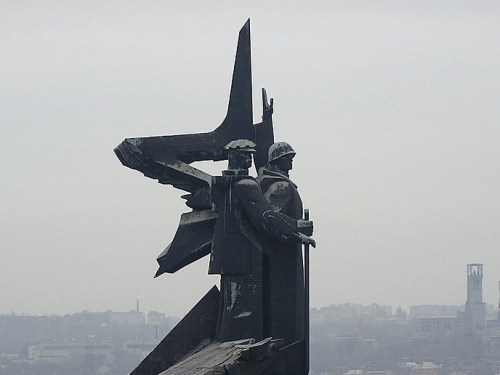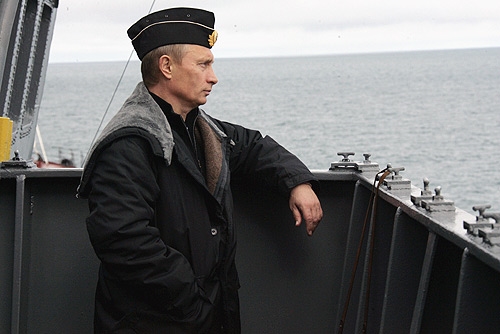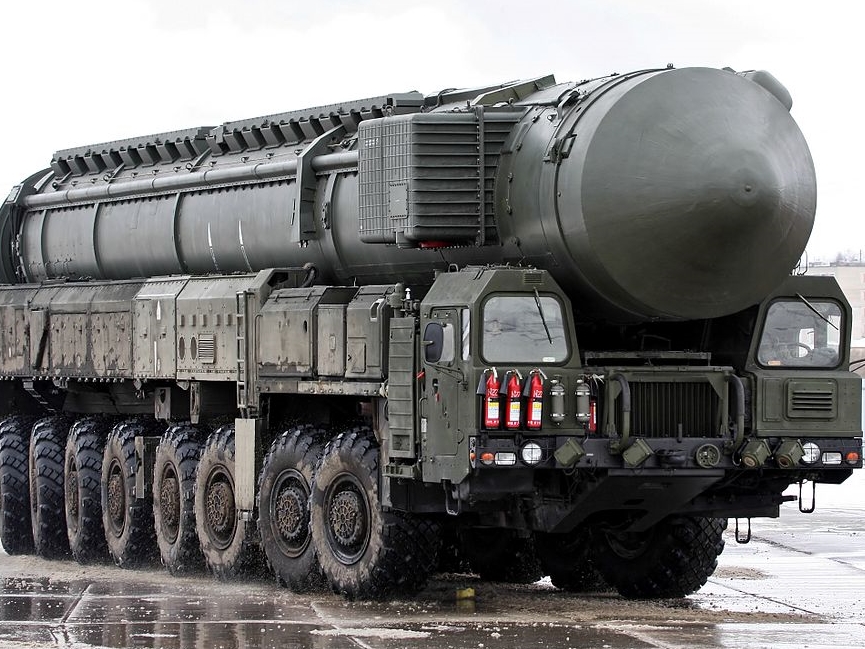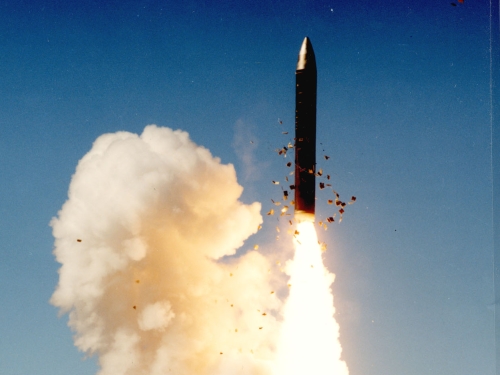
This article was originally published by the Carnegie Moscow Center on 17 November 2014.
Russia is invading Ukraine, again. As usual, the Russian Ministry of Foreign Affairs has refuted hard evidence from journalists and international observers. Both NATO and the OSCE have confirmed that heavy weaponry and combat troops are moving to Donbas from Russia. A detailed look suggests that although the ceasefire has been seriously violated (again), what we see is mostly a tactical operation aimed at reinforcing rebel positions, not preparation for a full-fledged war.




